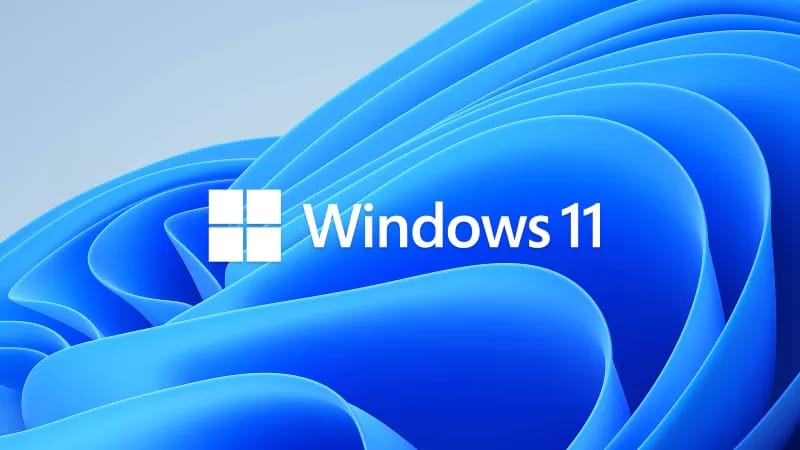October 7, 2024
The official End of Life (EoL) date for Windows 10 is fast approaching – October 14, 2025. While it might seem like there’s plenty of time, it’s important to start planning your upgrade to Windows 11 now to ensure a smooth transition.
The current version of Windows 10, 22H2, is the final version, meaning no new major updates are coming. So, the time to shift focus to Windows 11 is now, especially for businesses looking to stay secure and up-to-date.
What Can You Expect from Windows 11?
Windows 11 is more than just a new design. It brings several key improvements that can help your business run more smoothly:
- Enhanced Security: Built with Zero Trust security in mind, Windows 11 offers hardware-based protections like Secure Boot and TPM (Trusted Platform Module) chips, helping to safeguard sensitive business data.
- Improved Productivity: With features like Snap Layouts and Snap Groups, multitasking has never been easier, allowing your team to work more efficiently across multiple applications and windows.
- Collaboration Tools: Integration with Microsoft Teams is built right into Windows 11, enabling quicker, more streamlined communication—ideal for remote and hybrid workforces.
- Advanced Virtual Desktop: For businesses juggling different projects, Windows 11 lets you set up custom desktops for various workflows, making switching between tasks a breeze.
New Hardware Requirements
Microsoft now requires computers to have a Trusted Platform Module (TPM) chips for compatibility with Windows 11 to enhance security and prevent malware attacks at a deeper, hardware level. Depending on your current IT infrastructure, be aware that some of your older machines may not meet the new hardware requirements (like the need for TPM chips) and will need to be replaced in advance to be compatible with Windows 11.
What is a TPM chip you ask? A Trusted Platform Module (TPM) chip is a hardware component designed to provide secure encryption and protect sensitive data by managing cryptographic keys, and Microsoft now requires TPM chips for Windows 11 to enhance security and prevent malware attacks at a deeper, hardware level.
Layer3 will conduct a proactive hardware compatibility review of each client’s hardware fleet over the coming months and be in touch to advise you accordingly.
Planning Your Upgrade
Upgrading to Windows 11 across your business is not a task to be taken lightly. It will require careful planning and scheduling to ensure minimal disruption to your operations. The complexity of your migration and upgrade will depend in large part on any other business application operating on your desktop fleet. Basically, the more applications in use, the more complex your upgrade path may be.
We recommend scheduling this project early to avoid the bottleneck as the 2025 deadline approaches. Please note that charges may apply for managing the upgrade process.
Legacy Apps? We’ve Got You Covered
We understand that some businesses may rely on older software that isn’t yet compatible with Windows 11. For those clients, there is an option to purchase extended security updates for up to 3 years past the Windows 10 EoL. This can help buy you time to either upgrade your applications or transition to new solutions.
Need Help? We’re Here for You
If you have any questions or need assistance planning your company’s path to Windows 11, don’t hesitate to reach out to us. We’re here to help you make this transition as smooth as possible. Contact us and let’s get started on planning your upgrade today!

